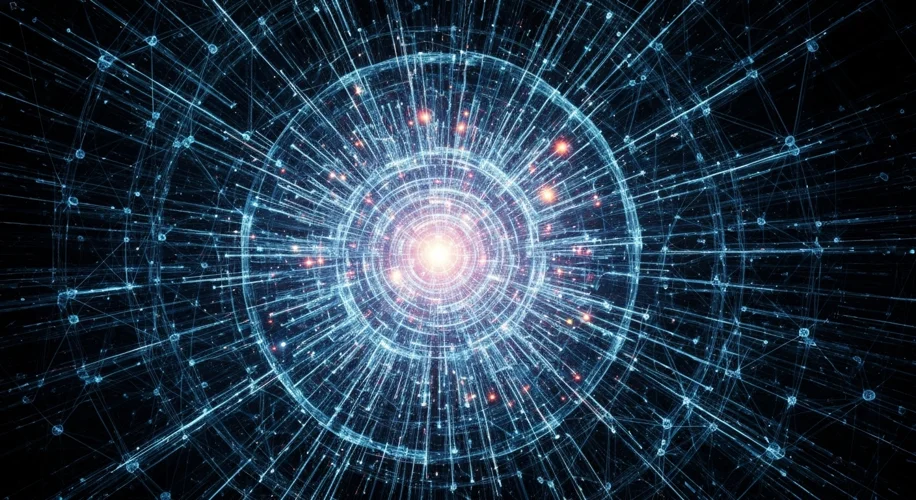Okay, so hear me out. We all know AI is doing wild stuff these days, right? From coding to creating art, it’s everywhere. But what about something way more serious? Nuclear weapons. Yeah, you read that right.
Recent talks with nuclear experts are pointing to something that might sound like sci-fi, but they’re saying it’s pretty much inevitable: mixing AI with nuclear weapon systems. This isn’t about Skynet taking over (at least, not yet!), but about how AI could change the game for managing and even operating these incredibly powerful tools.
So, what does that even mean? Think about it. Nuclear weapons systems are complex. They involve tons of data, incredibly fast decision-making, and, obviously, the highest stakes imaginable. AI, with its ability to process massive amounts of information and identify patterns faster than any human, could theoretically be used to enhance these systems.
Experts are looking at a few key areas where AI might be integrated:
- Enhanced Situational Awareness: Imagine AI sifting through global intelligence, identifying potential threats or changes in geopolitical landscapes much faster than human analysts. This could provide a clearer, more immediate picture of what’s happening.
- Improved Command and Control: The sheer speed required in certain scenarios is staggering. AI could potentially assist in the complex decision-making processes involved in command and control, making them more efficient.
- Maintenance and Readiness: AI could also play a role in predictive maintenance for these complex systems, ensuring they are always ready and functional. Think of it like a super-smart diagnostic tool that never sleeps.
But here’s the catch, and it’s a big one. Integrating AI into nuclear weapons brings up some serious ethical and security questions that experts are grappling with.
For starters, accountability. If an AI system is involved in a critical decision, who’s responsible if something goes wrong? The programmer? The commanding officer? The AI itself? That’s a legal and ethical minefield.
Then there’s reliability and bias. AI models are trained on data, and if that data has biases, or if the AI makes an error in its programming or learning, the consequences could be catastrophic. We’re talking about systems that can’t afford mistakes.
And let’s not forget escalation. Could AI systems, designed to react quickly, misinterpret a situation and trigger a response that a human might have de-escalated? The speed of AI could, paradoxically, lead to faster and more dangerous escalations.
From what I’m gathering, the consensus isn’t necessarily that this integration should happen, but that it will happen due to the perceived advantages and the relentless march of technological advancement. The real focus for experts is on how to manage this transition safely and ethically.
It’s a heavy topic, for sure. The idea of AI getting anywhere near nuclear buttons is unsettling. But understanding what the experts are saying is key to knowing where this all might be heading. It’s a reminder that as AI gets more powerful, we need to have these tough conversations about its application, especially in areas with such profound global implications.
What are your thoughts on this? It’s definitely a lot to process.

